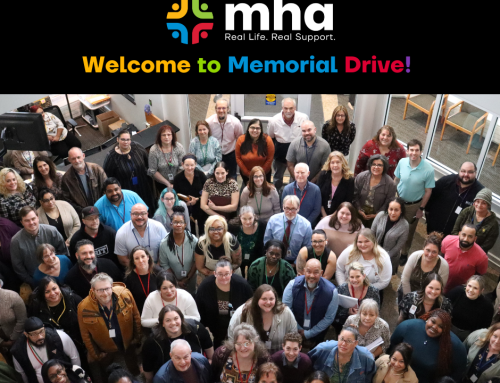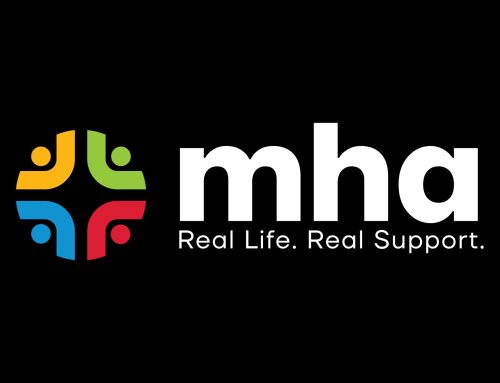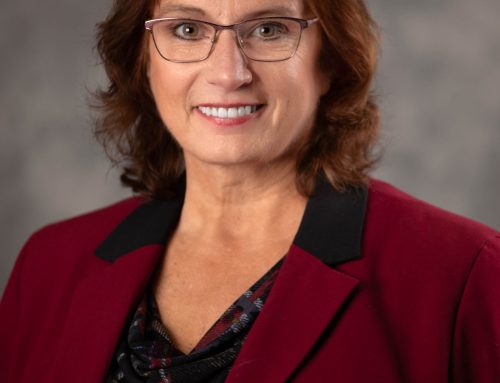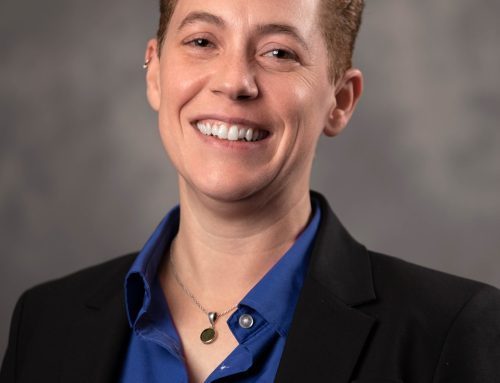DHCD Grant Provides COVID Mitigation Supplies for People Experiencing Homelessness
and Hand Sanitizer Direct to Homeless Individuals and to Area Homeless Agencies
An Emergency Solutions Grant totaling $163,695 from the Massachusetts Department of Housing and Community Development (DHCD) will enable area nonprofit agencies serving people experiencing homelessness to supply personal protective equipment (PPE) such as masks, gloves and hand sanitizer, to reduce the risk of infection and transmission of the COVID-19 virus in greater Springfield. DHCD has identified the Mental Health Association (MHA) as lead agency for the purchase and distribution of PPE available through the grant.
MHA will distribute PPE kits directly to homeless persons served by the agency and also to other local nonprofit providers of homelessness services, such as Baystate Health, Friends of the Homeless, Catholic Charities, and Tapestry Health. To further mitigate the risk of COVID-19 infection and transmission, the grant also provides that PPE kits be available for members of the outreach staff of these local providers who interact directly with the homeless populations served.
“People who are experiencing homelessness are among the most vulnerable people in our community,” said Paul Pirraglia, MD, MPH, Division Chief, General Medicine and Community Health, Baystate Health. (Dr. Pirraglia co-chairs the COVID-19 Mitigation for At-Risk Populations workgroup and is directly involved in efforts to deliver testing and vaccines to historically underserved populations.) “Given their hierarchy of needs, someone who is homeless will give greater priority to finding food or a roof over their head than to gaining access to good health care or even to proper hygiene such as hand washing and masks. This DHCD grant will directly address the health care needs of a vulnerable group of people who are at very high risk of contracting or transmitting COVID-19 and also have the least access to be able to protect themselves.”
Dr. Pirraglia emphasized that handwashing and the use of PPE including masks remain extremely important, even as more and more people are being vaccinated against COVID-19. “Conceptually, a vaccine ought to protect against the transmission of a disease, but that’s not proven yet with the current COVID vaccines,” he explained. “That may be shown, perhaps soon, but it hasn’t happened yet. What that means is transmission without infection is still possible, and so we need to continue taking precautions including hand washing and wearing a mask. This grant program will make an impact locally by putting PPE kits right into the hands of people who most need our help.”
“We are proud that MHA has been chosen lead agency in distributing PPE, to those we serve and to our partner agencies who also provide services to persons experiencing homelessness throughout our community,” said Kimberley A. Lee, VP Resource Development & Branding for MHA. “We are grateful to the state and DHCD for their willingness to share our vision to protect individuals in need as well as our own staff members who are serving homeless individuals in our community. Even as COVID vaccines become more widely available and vaccination rates increase, it is vital that we reach out to the homeless population to minimize their risk of contracting COVID-19 themselves or transmitting it to others. People are still getting sick and still dying from COVID-19, and the need for PPE doesn’t just go away immediately when you are vaccinated. People should still be protecting themselves and others with masks, hand sanitizer, and gloves. This grant, and MHA’s leadership, will help that happen.”
About MHA:
What We Do
MHA (Mental Health Association) helps people live their best life. We provide access to therapies for emotional health and wellness; services for substance use recovery, developmental disabilities and acquired brain injury; services for housing and residential programming, and more. With respect, integrity and compassion, MHA provides each individual served with person-driven programming to foster independence, community engagement, wellness and recovery.
Why We Matter
The youth, adults, seniors and families we serve want the same things in life as anyone: to have friends, work, go to school, have meaningful relationships, express themselves (and be heard), and be accepted in their community for who they are. With our help and resources from a caring community, people can live their potential, in their community, every day.
How We Think
Starting in the 1960s, MHA’s groundbreaking efforts and advocacy helped to transition people away from institutional living to a life in our community. This became a model for the deinstitutionalization movement. Today, our leadership continues to advance awareness of mental health conditions and needs at local, regional and national levels. We drive compassionate care for those challenged by mental health, developmental disabilities, substance use, homelessness, acquired brain injury and more.
